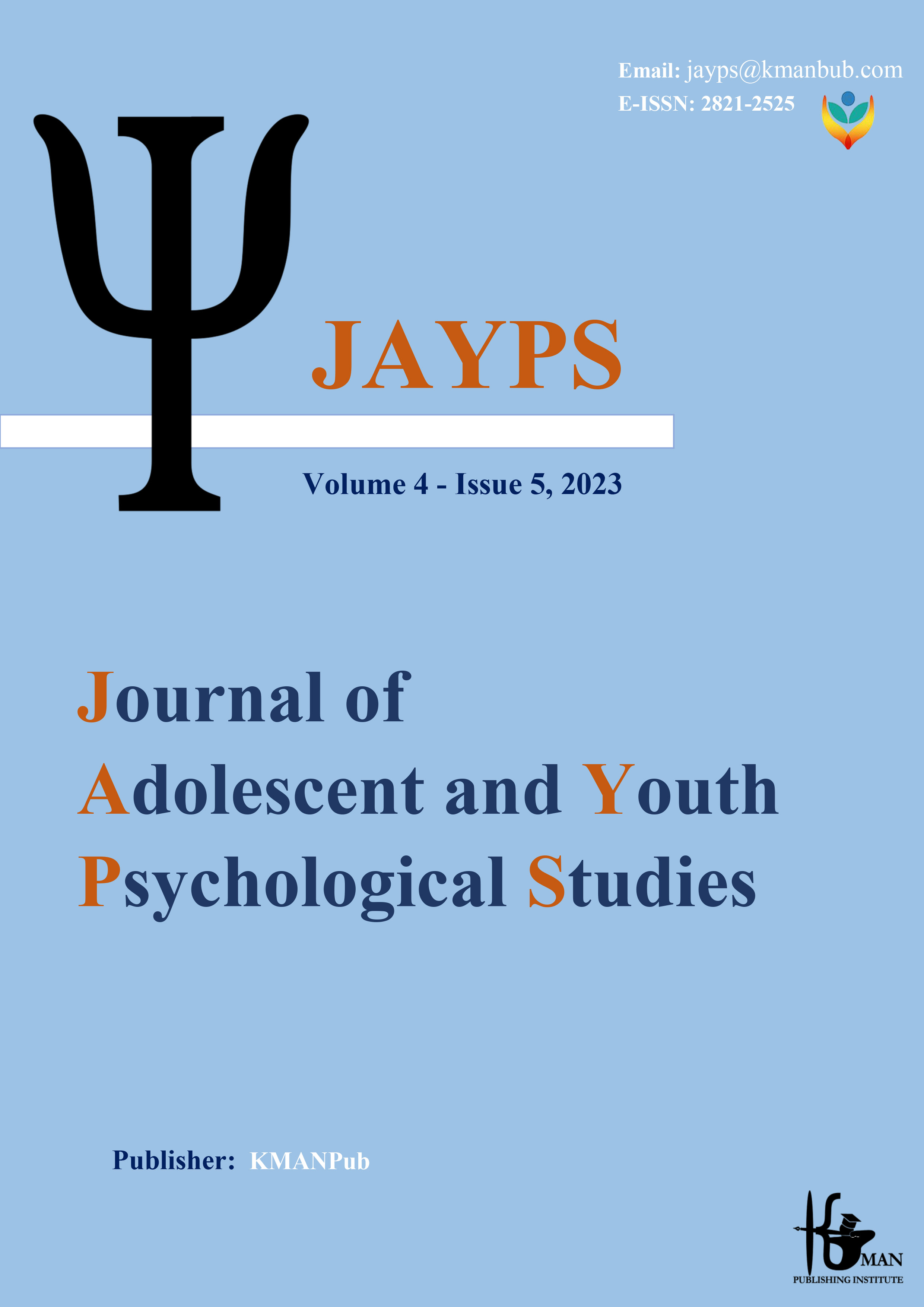Presenting a structural model of resilience prediction based on identity styles mediated by adaptive motivational structure in students
Keywords:
Resilience, identity styles, adaptive motivational structureAbstract
Background and Aim: Developmental psychology points of view suggest that the period of adolescence and young adulthood is important for the integrity of human personality and development and is one of the most critical periods. Therefore, young people need to promote themselves in this era and raise their position in the social system, and achieving identity is an answer to their need to separate and distinguish themselves from others. Therefore, this research was conducted with the aim of presenting a structural model of resilience prediction based on identity styles with the mediation of adaptive motivational structure in students. Methods: The present research is a correlational cross-sectional study. The statistical population of this research was made up of all the students of Islamic Azad University of Tehran in 2019; fromamong them, 400 people were selected by multi-stage cluster sampling method. In this research, tools of resilience (Connor & Davidson, 2003), identity styles (Brzezunsky, 1999), and motivational structure (Cox & Klinger, 1995) were used, all of which had acceptable validity and reliability. In order to analyze the data, SPSS-V23 and Lisrel-V8.8 software were used; Also, in order to respond to the research hypotheses, structural equation modeling was used. Results: The research results showed that the model has a good fit. Also, the results showed that identity styles have an indirect effect on resilience with the mediating role of adaptive motivational structure. In general, it can be concluded that some personality traits such as tolerance, forgiveness, adaptability, hard work, curiosity, and decisiveness in relationships can help people to experience higher levels of identity styles, resilience, and motivational structure. Conclusion: Therefore, the findings of this research have been discussed theoretically and practically in the light of the existing research process, and suggestions have been presented in both theoretical and practical areas.
Downloads
Downloads
Published
Submitted
Revised
Accepted
Issue
Section
License

This work is licensed under a Creative Commons Attribution-NonCommercial 4.0 International License.









